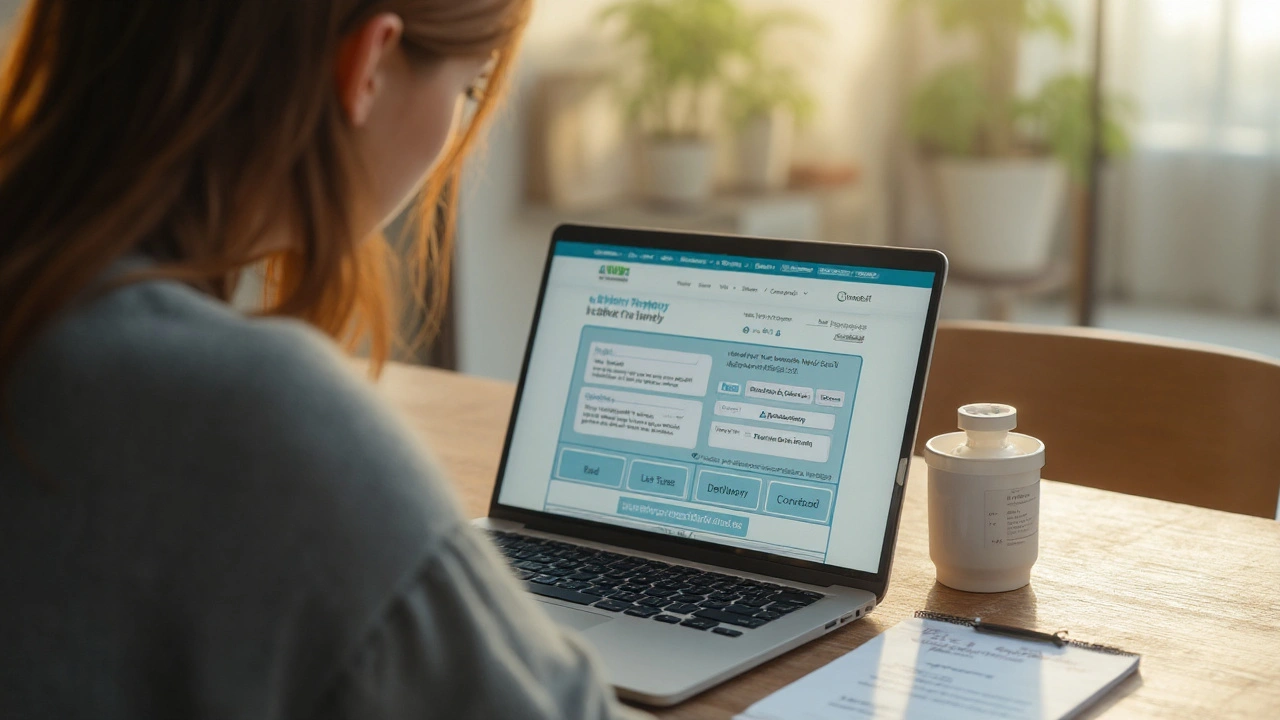Beta Blocker Prescription Guide – What You Need to Know
Ever wondered why your doctor might put you on a beta blocker? These medicines are a go‑to for heart‑related problems, anxiety spikes, and even migraine prevention. In plain terms, beta blockers calm down the signals that make your heart beat fast or your blood pressure jump.
Why Doctors Prescribe Beta Blockers
When you have high blood pressure, an irregular heartbeat, or a history of heart attacks, a beta blocker can help lower the risk of future issues. They also work for people with tremors or stage‑2 angina because they smooth out the body’s stress response. If you’ve tried other treatments without luck, your doctor might suggest a beta blocker as the next step.
Getting Your Prescription & Staying Safe
First, you’ll need a legit prescription. That means a face‑to‑face visit or a telehealth appointment where the doctor reviews your medical history, current meds, and any allergies. Never buy beta blockers from a random online store without a prescription – you could end up with a fake or the wrong dose.
Typical starting doses vary by brand. For atenolol, doctors often start you at 25‑50 mg once a day. Metoprolol might begin at 25‑100 mg split into two doses. Your doctor will adjust the amount based on how you feel and what your blood pressure reads. Always take the pill at the same time each day – consistency helps your body settle into the rhythm.
Side effects are usually mild at first. Expect a slower heartbeat, a bit of fatigue, or cold hands and feet. If you notice dizziness, shortness of breath, or a sudden weight gain, call your doctor right away. Those could signal more serious issues like low blood pressure or heart failure.
Interactions matter a lot. Beta blockers can clash with certain asthma inhalers, some antidepressants, and over‑the‑counter cold medicines that contain decongestants. Before adding a new drug or supplement, check with your pharmacist or doctor. Even something as harmless‑looking as a caffeine‑heavy energy drink can make a beta blocker feel less effective.
What about missed doses? If you forget one, take it as soon as you remember – but don’t double up. Skipping doses regularly can cause your blood pressure to bounce back up, which defeats the purpose of the medication.
Finally, keep an eye on lifestyle factors. Exercise, a low‑salt diet, and stress‑reduction techniques can boost the benefits of beta blockers. If you’re cutting back on alcohol, that’s a plus too – alcohol can worsen side effects.
Bottom line: beta blockers are powerful tools when used correctly. Get a proper prescription, follow the dosing schedule, watch for side effects, and always talk to your healthcare provider before mixing medicines. With these steps, you’ll stay safe and get the heart‑health benefits you’re after.
How and Where to Buy Atenolol Online Safely (NZ 2025)
Need Atenolol online? Safe NZ 2025 guide: where to order legally, prices, delivery, verification tips, and what to do if you’re out or traveling.
Read more